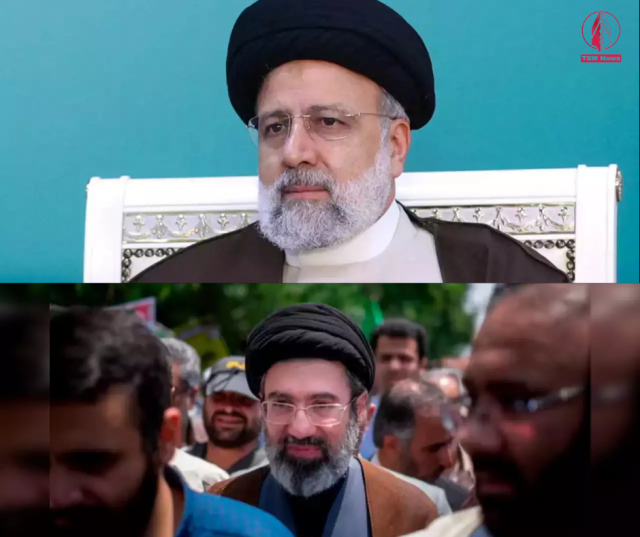Mojtaba Khamenei: Iran’s Likely Next Supreme Leader
- Posted on November 18, 2024
- News
- By Arijit Dutta
- 37 Views
Mojtaba Khamenei, son of Iran’s Supreme Leader Ali Khamenei, is likely to succeed his father following a confidential decision by the Assembly of Experts. A cleric with significant political influence, his selection has sparked debates about Iran's future amid skepticism from clerical and political factions.

Iran's 85-year-old Supreme Leader, Ayatollah Ali Khamenei, is reportedly preparing to step down due to severe health issues, paving the way for his son, Mojtaba Khamenei, to ascend to the country’s highest position. The Assembly of Experts, Iran’s constitutional body tasked with selecting the Supreme Leader, convened in September for a confidential session. Reports suggest that Mojtaba’s selection as successor was unanimous but allegedly influenced by threats and pressure from Khamenei's representatives.
Born in Mashhad in 1969, Mojtaba Khamenei is a cleric and theologian, teaching at the Qom seminary. He is the second son of Ali Khamenei and is married to Zahra Haddad-Adel, with whom he has three children. Mojtaba has played significant roles in Iran's political landscape, notably supporting Mahmoud Ahmadinejad in the 2005 and 2009 presidential elections. During the 2009 election protests, Mojtaba was accused of orchestrating the suppression of anti-government demonstrations, which tarnished his public image.
While his father’s influence has secured him financial assets and political prominence, skepticism surrounds Mojtaba’s ability to unite Iran’s clerical and political elites. The Assembly of Experts, although largely ceremonial, may still harbor dissent against his leadership.
Also Read: 2024: Global Leaders Face Voter Backlash, Modi Among Rare Exceptions
Global observers view Mojtaba’s potential ascension as a continuation of the Khamenei dynasty’s dominance, raising questions about the future direction of Iran’s policies amid growing internal and external pressures. His rise could consolidate power further within the clerical establishment but risks intensifying divisions among political factions and the public.




